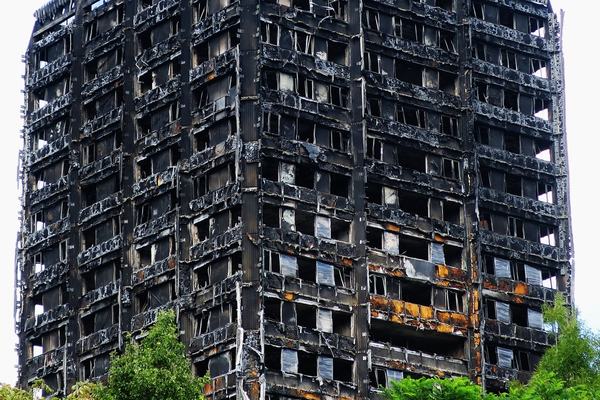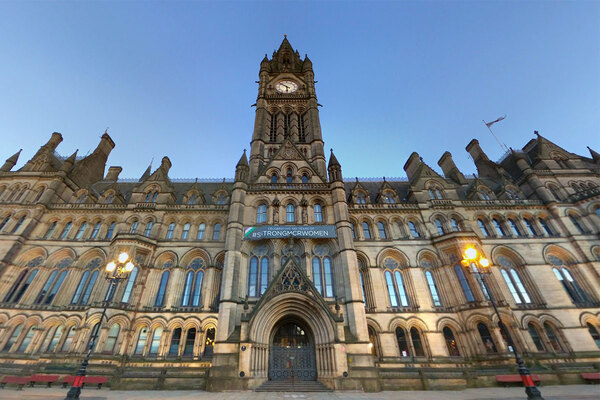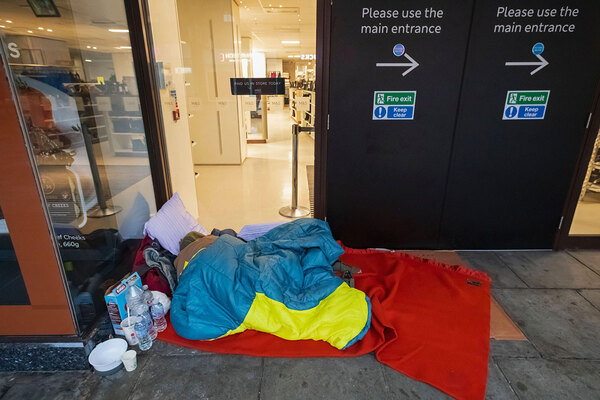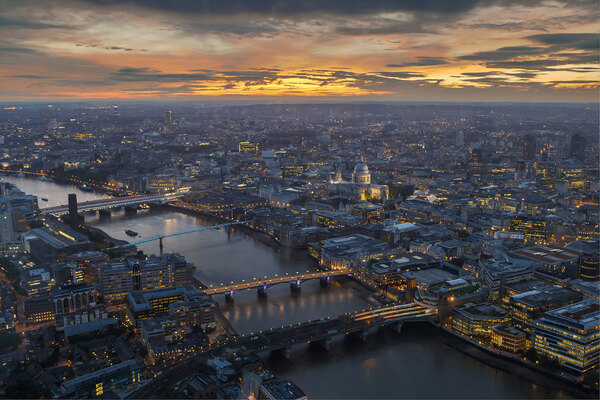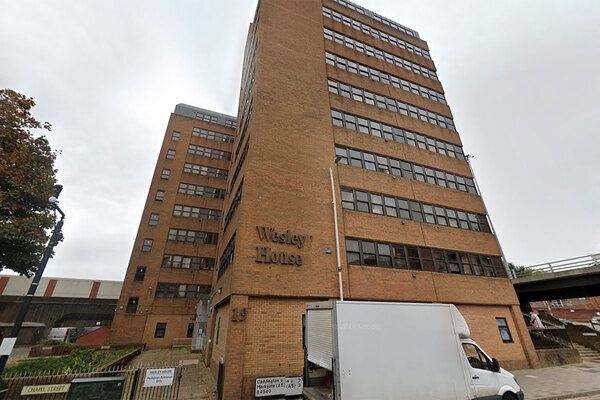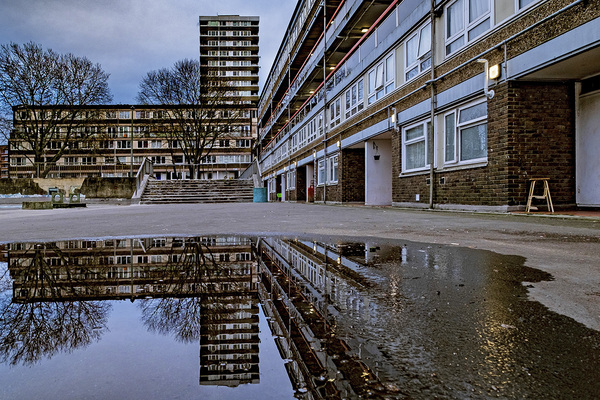You are viewing 1 of your 1 free articles
Grenfell Inquiry day 46: we were improvising, senior firefighter admits
A senior officer at the London Fire Brigade has admitted that he and the first commanding officer on the scene were “improvising” when faced with fire on the highest floors of Grenfell Tower, praising his colleague’s conduct in leading the early stages of the incident.
Key points
- Andrew Walton was asked extensively about whether senior officers realised that the fire was inside the building
- He broke down when describing how Mike Dowden, a local watch manager, led the incident for the first hour
- He said he quickly realised that firefighters would be unable to tackle the blaze on the higher floors from the outside of the building
Station manager Andrew Walton arrived on the scene last June at around 1.30am and spoke to watch manager Mike Dowden who had been the most senior officer at the tower for the first hour of the incident because of more senior bosses being delayed in traffic.
He told the inquiry that when he arrived, Mr Dowden did not know whether there was smoke or fire within the flats themselves and that he was struggling to establish contact with firefighters who had been into the tower.
“There was that much of firefighters talking to each other… you couldn’t get in on the radios, you couldn’t get a message through,” he explained.
Much of the inquiry questioning focused on whether the most senior firefighters grasped the seriousness of the fire quickly enough.
Mr Walton became emotional when describing the Mr Dowden’s efforts to lead the incident despite his lack of experience. Mr Dowden was questioned extensively by the inquiry in June in sessions that later drew criticism from fire brigade unions who suggested that he had been unfairly held responsible for factors beyond his control, such as the cladding material itself.
Mr Dowden had told the inquiry that he felt “helpless” in a situation which he believed was beyond his training.
“What he did as the initial incident commander was above and beyond anything that could have been expected of him,” Mr Walton told the inquiry on Thursday.
“In my opinion Mike made a lot of assumptions that turned out to be correct about the nature of that fire and he had resourced it to give us the option to try and save…,” he said, before breaking down.
Mr Walton had earlier described the sight that greeted him when he first arrived at the base of the tower.
He explained that he realised that the fire brigade’s ladders would only reach the 10th floor, and he and Mr Dowden considered whether the fire on the upper floors could be fought from the roof, something he admitted he had never tried before.
“We had nothing in our toolbox to fight that fire. We were improvising,” he said.
He said he had believed at the time that building regulations meant that high-rise building could not be covered in combustible cladding so was initially unsure what was burning.
“It was impossible to fight the fire on the exterior of the building on the upper walls, and what we could reach, the water wasn’t effective,” he said.
He was also questioned on the use of a ventilation system installed in the tower block which was designed to keep common areas free of smoke in the event of a fire, but which Mr Dowden told him was not working.
Mr Walton explained that “there is no option” to evacuate a building where the means of escape has been compromised, highlighting that the firefighters found themselves in a situation unlike any they had previously experienced.
Having taken over the incident command role from Mr Dowden, Mr Walton then immediately handed it to deputy assistant commissioner Andy O’Loughlin who had just arrived. Mr O’Loughlin has said that he was unaware that the fire was inside the flats at this point.
Mr Walton then became responsible for deploying firefighters into the building and said he feared that they were entering life-threatening conditions. “I was aware of the responsibility and I was aware that I was potentially sending people in who may not come back,” he said.

